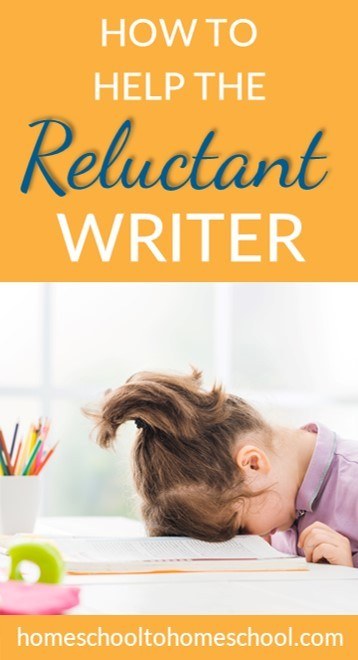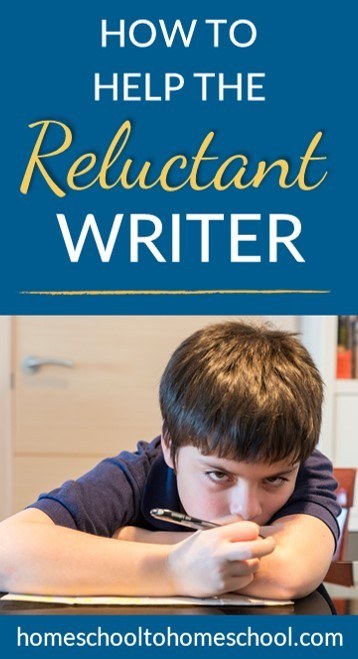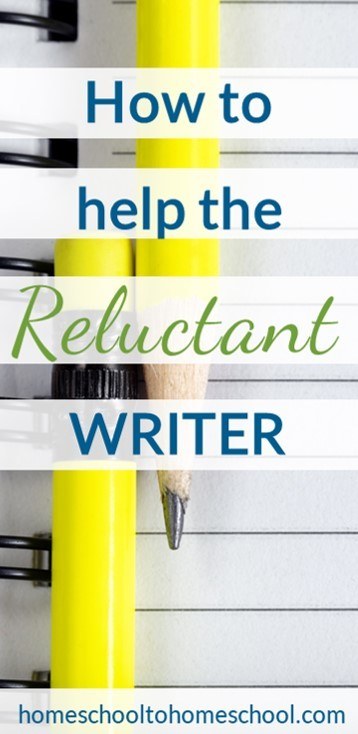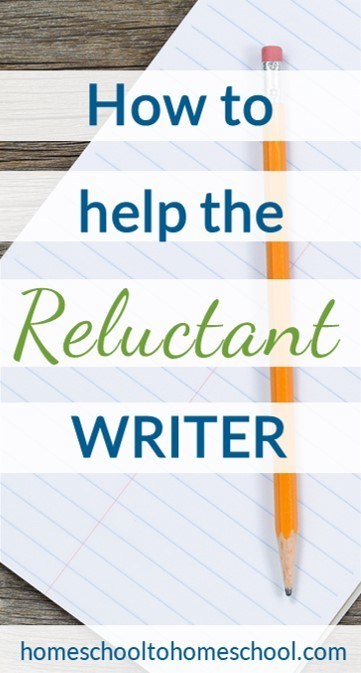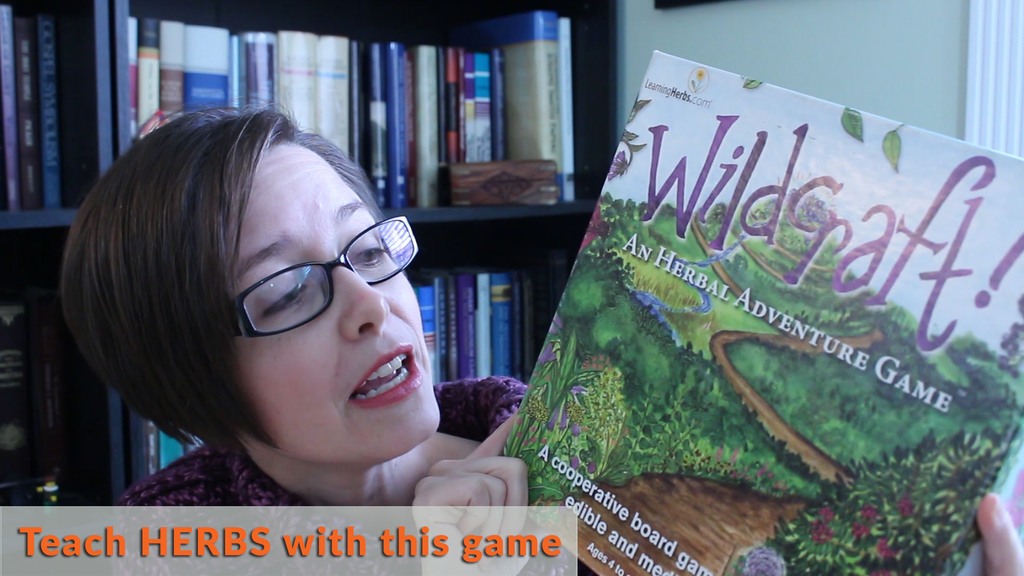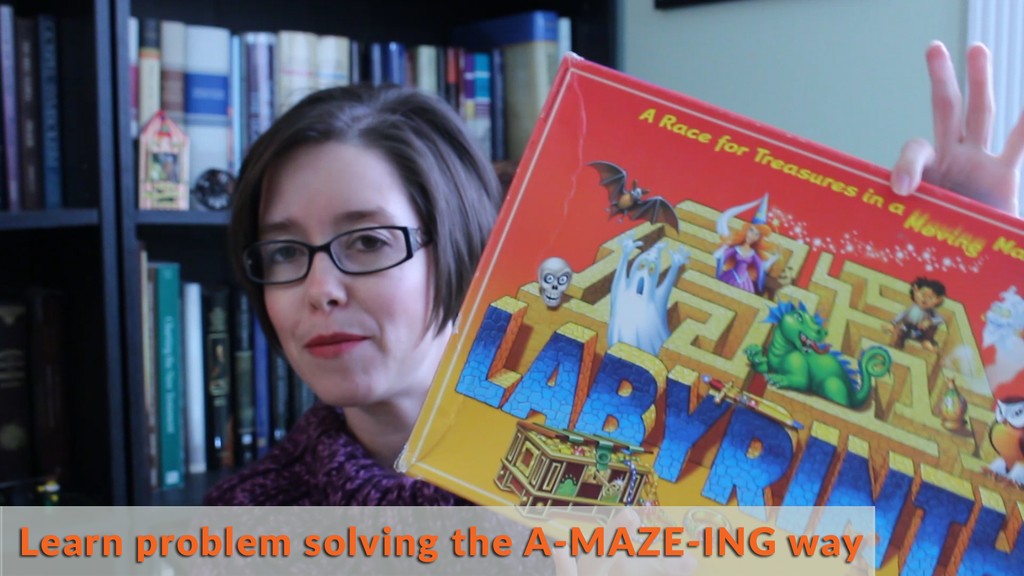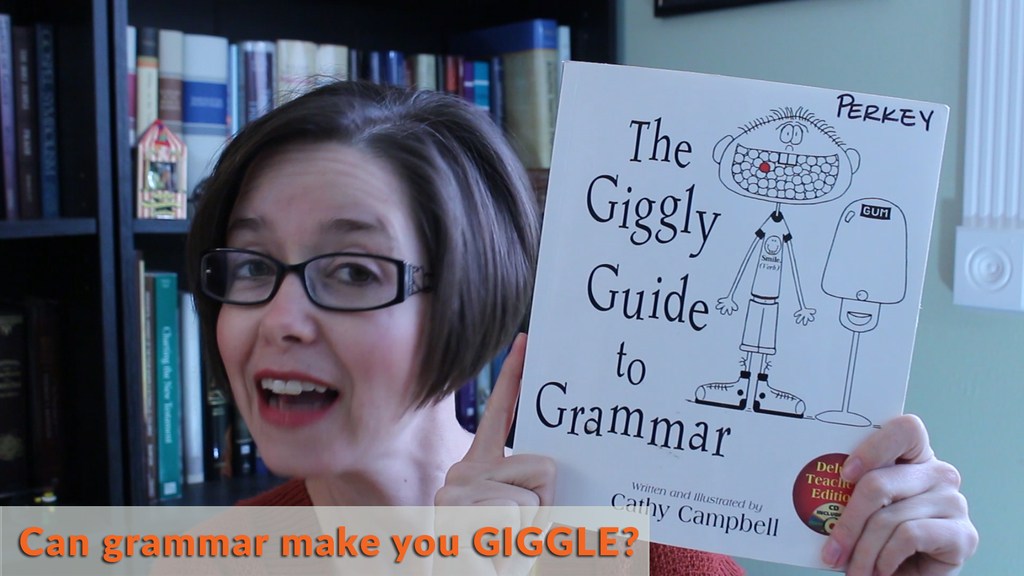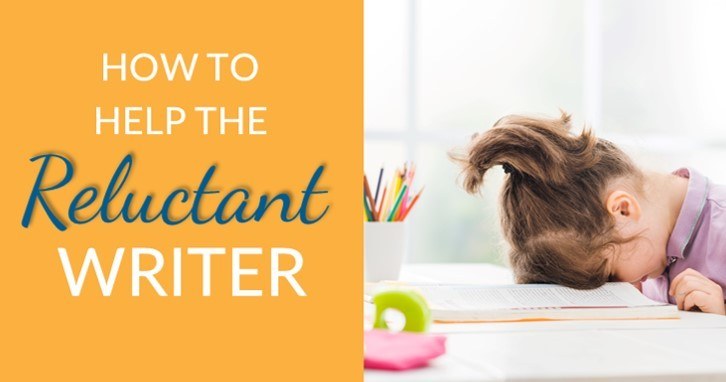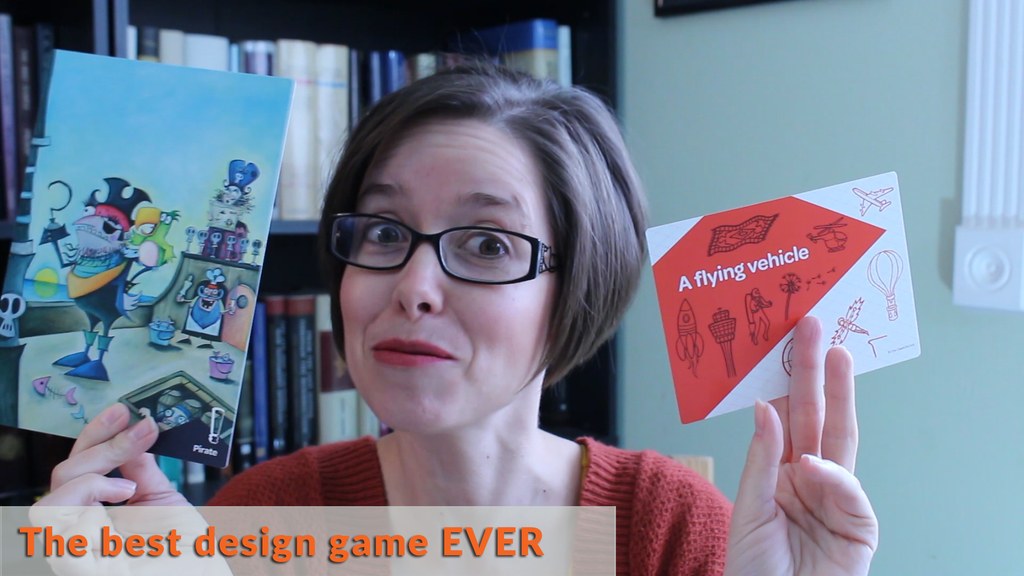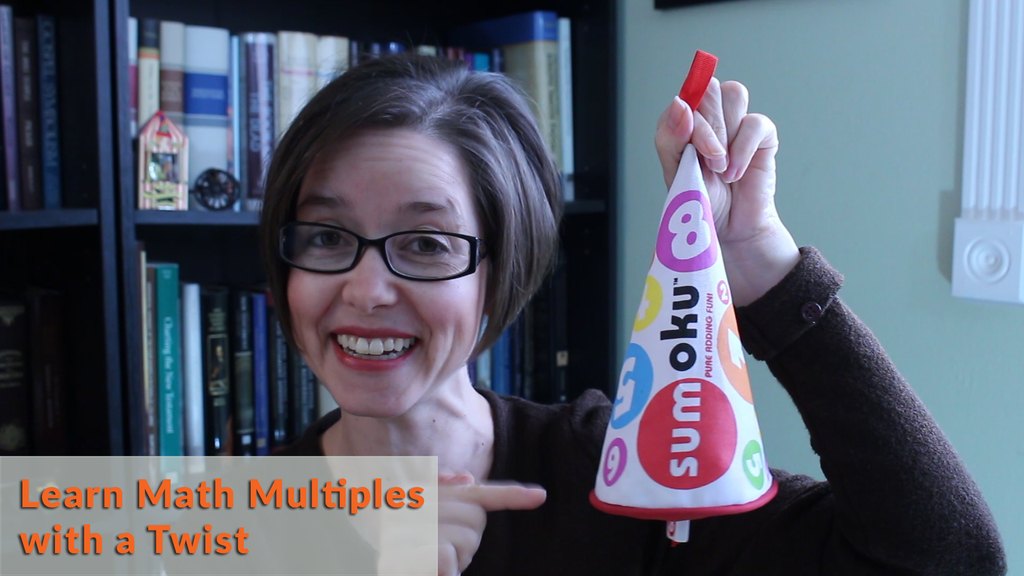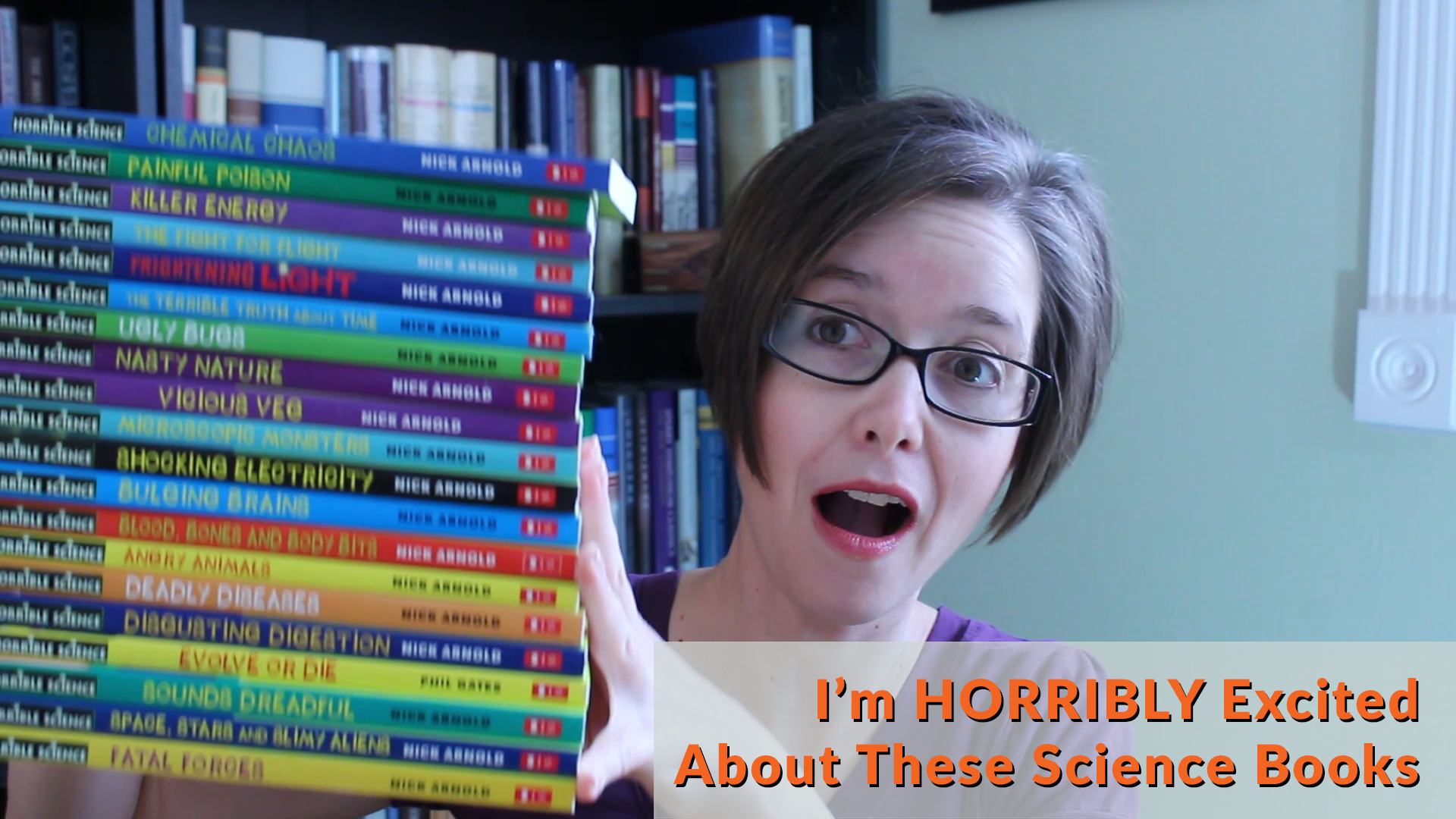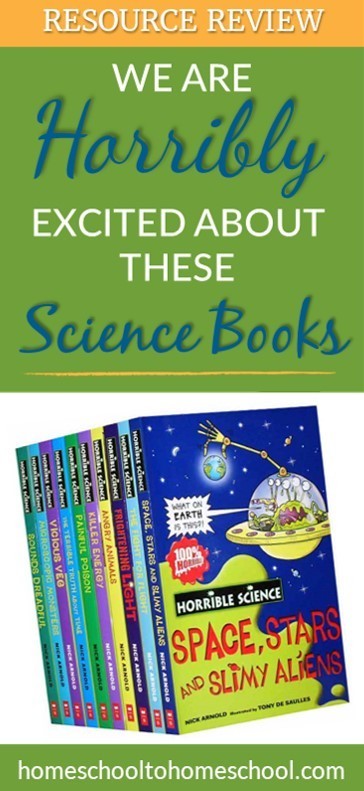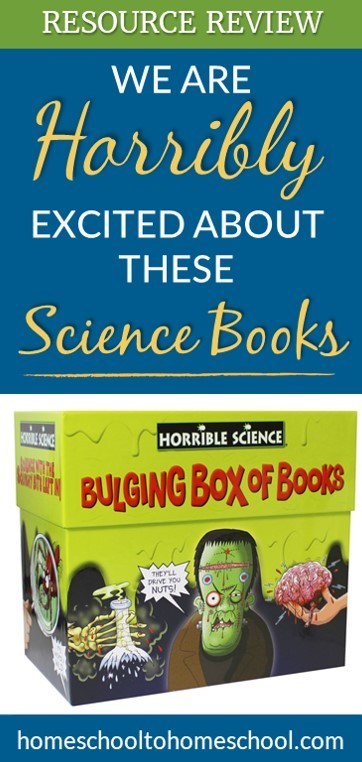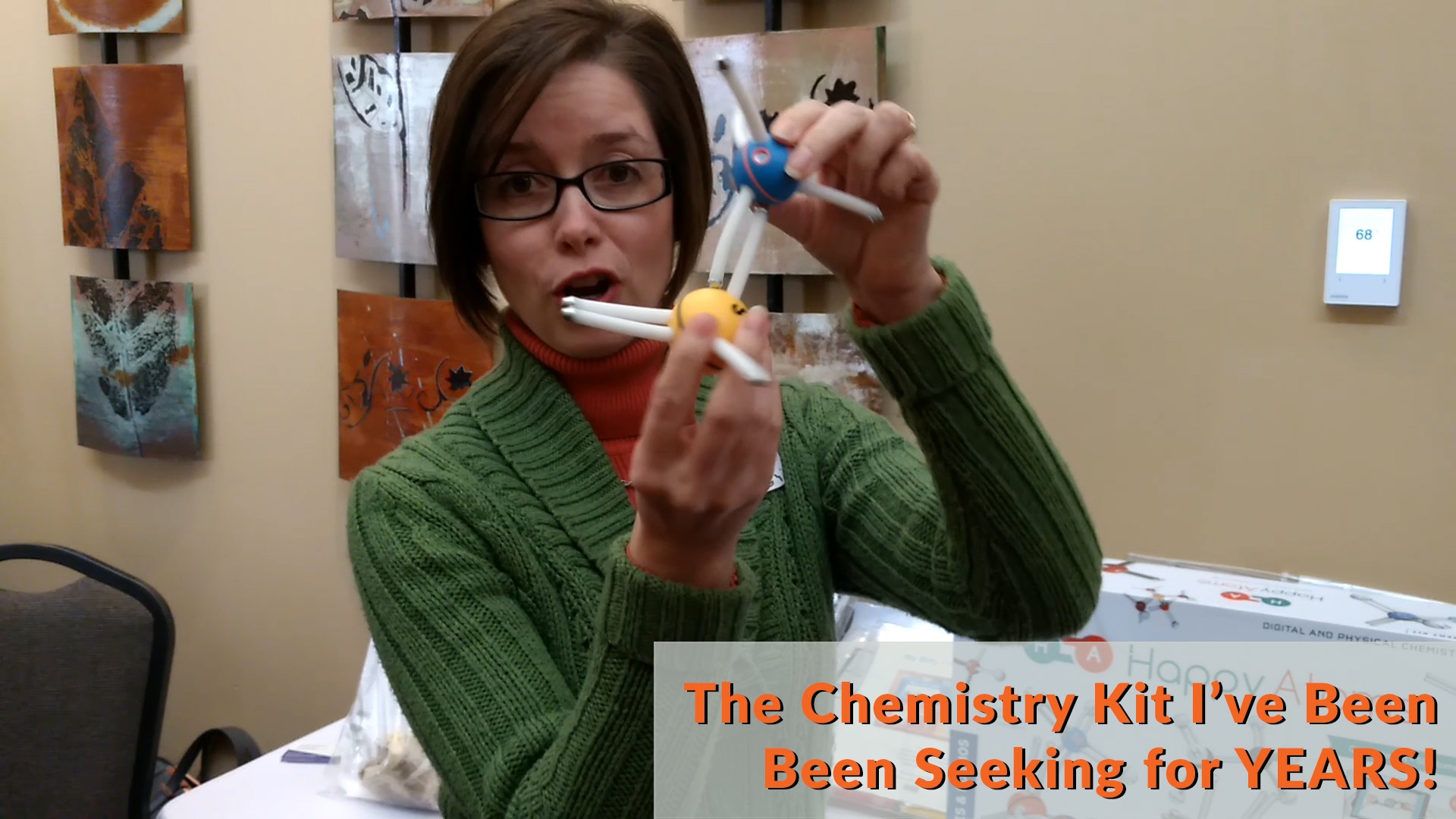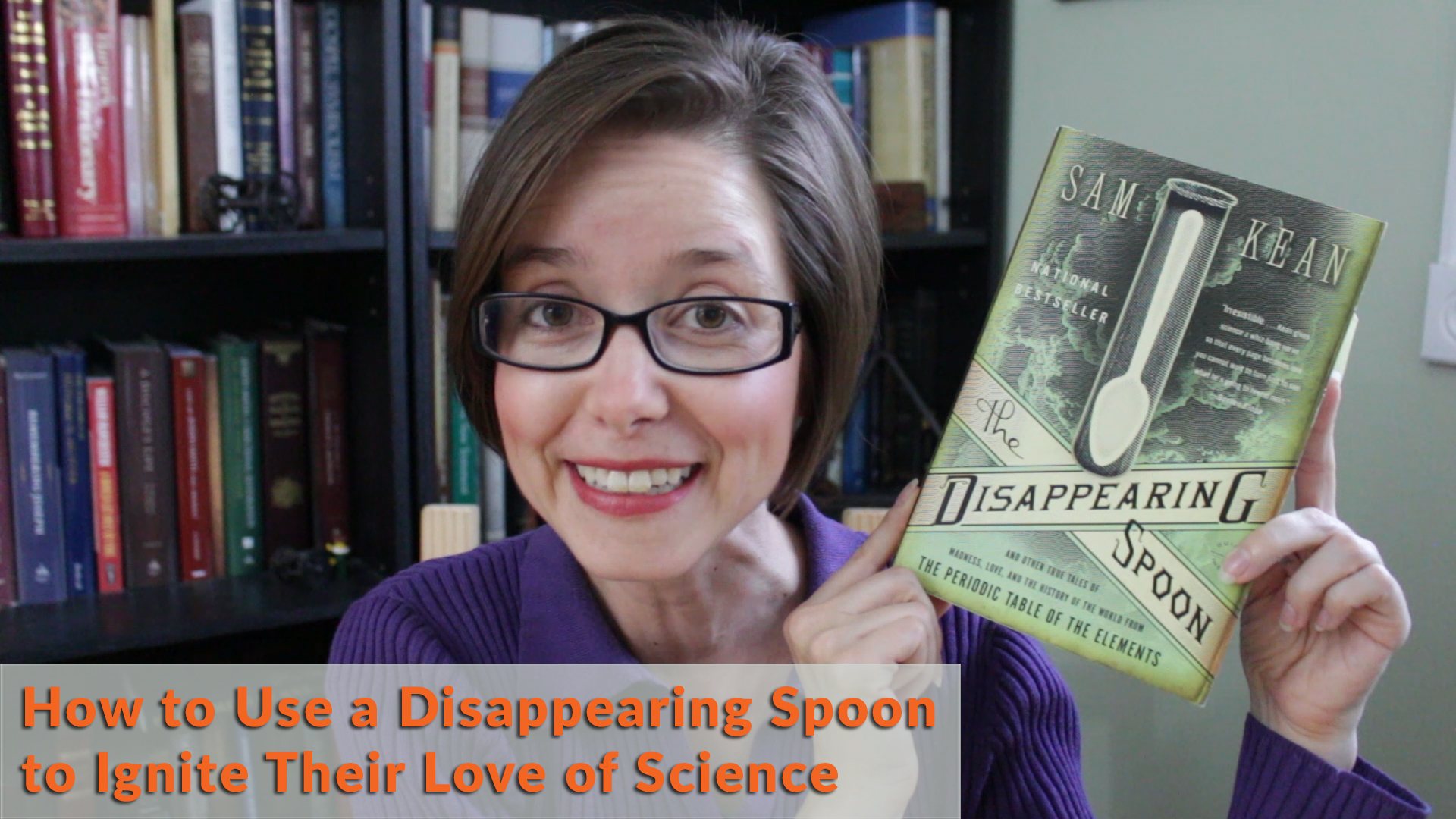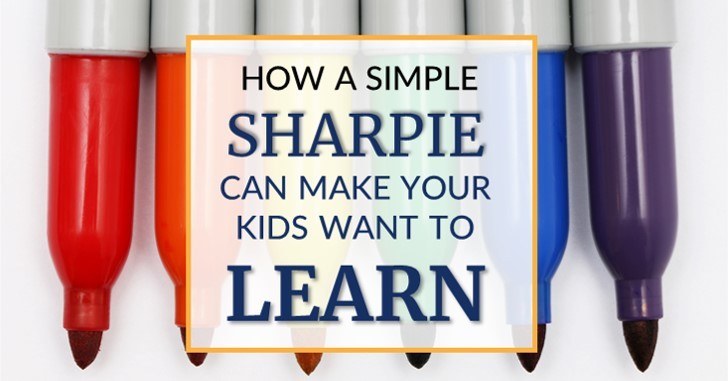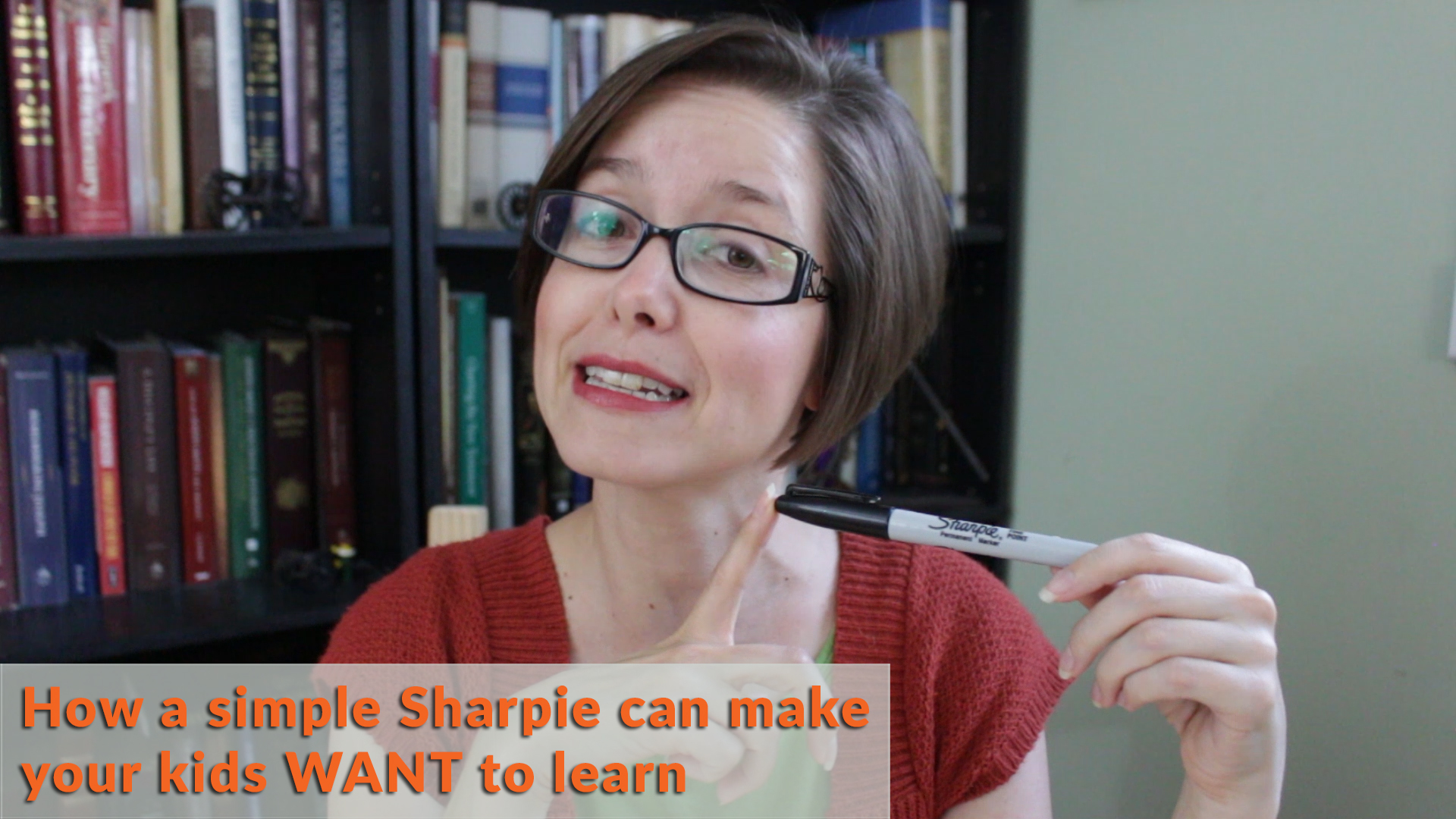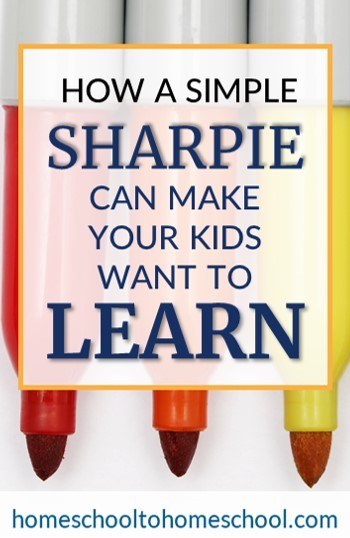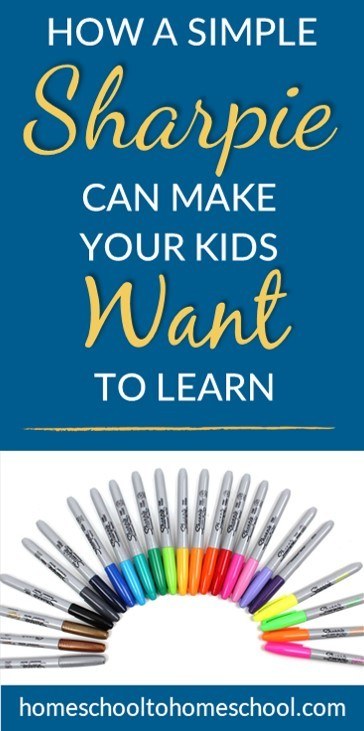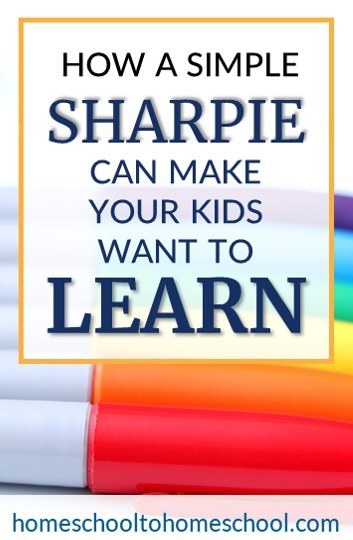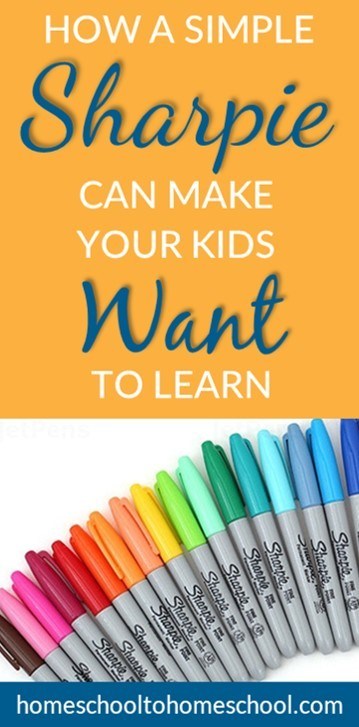It can be soooooo painful!
You sit down and ask your kid to write ONE sentence … one little sentence …
And it turns into begging … “PLEEEEASE … anything … something …”
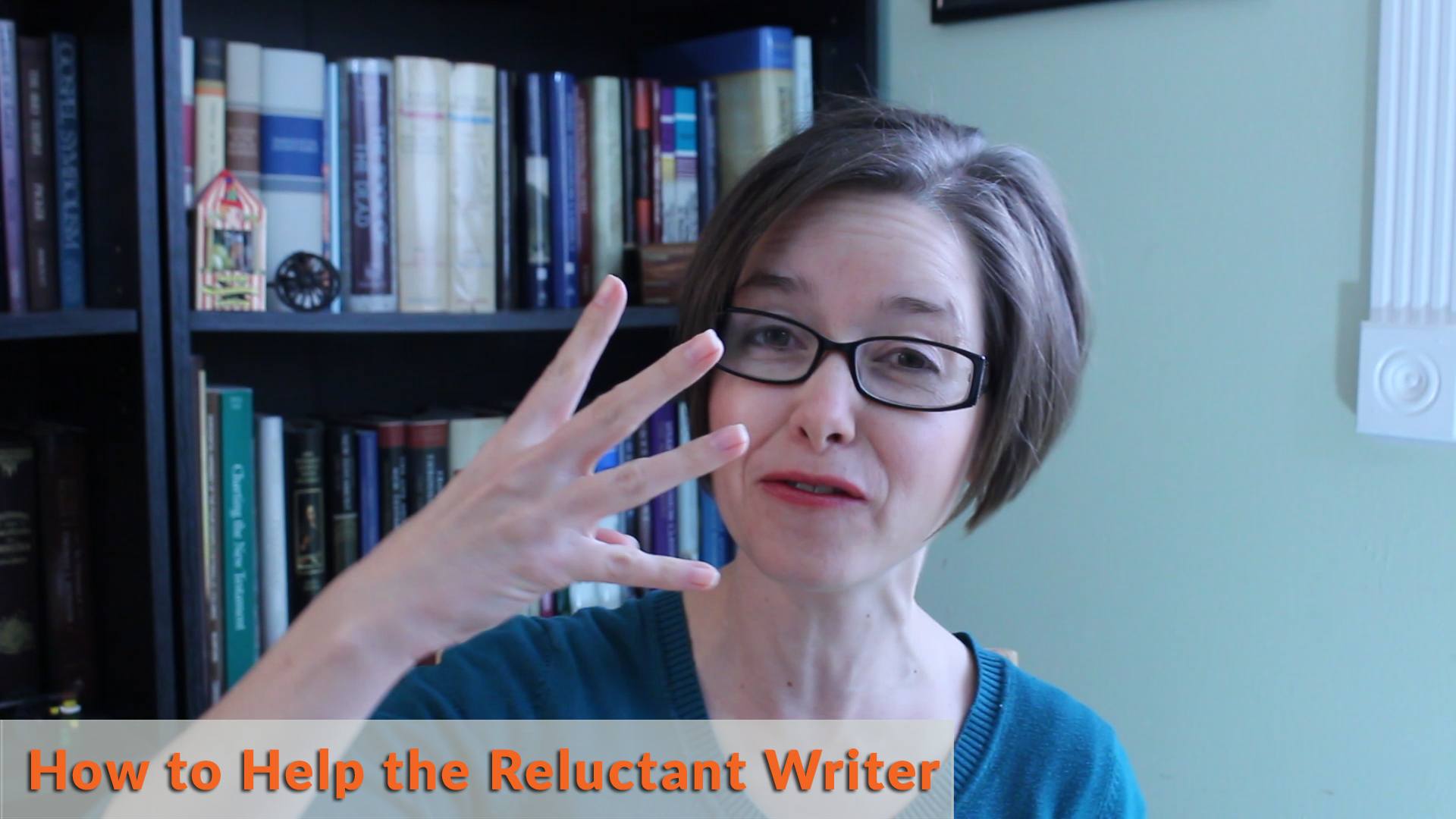
SCROLL TO WATCH
It can be soooooo painful!
You sit down and ask your kid to write ONE sentence … one little sentence …
And it turns into begging … “PLEEEEASE … anything … something …”
And they look at you like you with a blank stare -- or they start to cry -- OR they throw their pencil across the room.
BUT - it doesn’t have to be that way! You can work on “writing” without having it turn into a battle or a cry fest.
To do it, you have to break writing down into its parts and pieces, figure out what’s working and what isn’t, and then focus your efforts on what’s going to make the most different.
And today -- I’m going to tell you how to do just that!
NOTE: I mention LOTS of different resources in today’s video. If you want to check them out, here are some links:
Spelling Resources
Handwriting Resources
Storytelling Resources
Ready to feel Confident and Successful as you homeschool?
Register below to watch my FREE CLASS
Confident Homeschool Secrets
7 Ways to Create a Homeschool That Works (and you LOVE!)
Transcript
Hello, my name's ToriAnn Perkey, and from my homeschool to your homeschool, today I want to talk about what you can do and think about if you have a reluctant writer.
I'm talking about those kids who are in elementary school particularly who you say, “Okay, just write a sentence. Just write a sentence.” And they're like, “Oh, I don't want to write a sentence.” And it feels like you are extracting blood from a stone if you ask them to write anything.
Or they get started, and they just seem to sit there forever, and you know that they have great ideas because they can tell them to you, but they won't write them.
Well, today I want to talk about how writing is actually divided into four different sub-pieces that all have to come together to make a writer who can write. And sometimes what happens is developmentally a kid will be ready for two of the four but not the other two.
So even though you know they can write, they're actually not ready to write. So, we're going to talk about that today. This is a topic I feel really passionate about because I know that if you push writing too soon, and you're too hard on it, you'll have a kid who - when they hit an age when they might have an amazing thing to say - will hate writing, and they'll just say, “I hate it. I don't want to do it.” And you don't want that to happen.
You want your kids to graduate into an age and a mental space where they like writing and they're excited to write because there's so much good that happens with writing.
So, let's talk about this. What are the four different subtopics that go into writing?
They are spelling, handwriting (or typing is kind in there) … but spelling, handwriting - because most kids don't type at this age - sentence and paragraph structure, and then ideas. And as you can see, you need all four of those to be able to write a sentence on a piece of paper.
You say, “Hey, tell me a sentence about what we did yesterday.” They have to be able to spell - or at least they think they have to be able to spell - but they have to be able to spell to some extent or you won't have any idea what they're writing. They have to be able to write it - physically write it. They have to be able to structure the sentence in such a way that it actually translates from their brain into something coherent on the page, and they have to have an idea of what to write.
That's a lot of different skills for kids to wrap their brain around, and you might have a kid who's fabulous with ideas. I mean, FABULOUS with ideas, right? They will tell you stories and their dreams and this happened and this happened, but when you ask them to write, they can't because handwriting is hard. Or maybe they're worried about their spelling, even though you've told them it does not matter what it's spelled like, you just want them to put it down! You don't know.
And so my recommendation is this. If you have a kid where these four skills are not coming together seamlessly -- and it does happen -- some kids just kind of pull these skills together and they just write. Yay, for happiness and easiness! But for the kids where it's a little bit trickier, my recommendation is to pull the skills apart and work on them one-on-one, because you don't want to have ideas stagnate while handwriting is being worked on.
So you want to be able to work on them separately, have ideas continue to grow, have the handwriting catch up, or get to the point where the kid can type and then that helps, and then you can put all the skills back together.
There are resources that specifically target each one of these. You don't need to do all of these resources if things are working or if you see that the skill is already developing, but if it's not developing, then finding a resource that specifically targets one of these skills is a really great idea.
For example, if you're working on spelling, then you're going to go find a curriculum just for spelling, and there's a couple that I'm really, really fond of. One is called Sequential Spelling, and you can do that with workbooks, or they now have an online version. Yay, that we're using.
I really like sequential spelling - and this isn't a review about that - but I like it because it just approaches spelling in a different way for holistic learners, and I guess I'll leave a link to that so you can go check it out. Another one that's super popular with spelling is "All About Spelling," which is a very different style of teaching spelling, but it uses a method that works well with dyslexics. So, these are some different resources.
If you're struggling with handwriting then the bar none hands down best way to work on handwriting for a kid who's struggling is a program called Handwriting without Tears, and I'll leave a link to that as well. In Handwriting with Tears, we have now been using it with just a couple of my kids. The other ones didn't have any trouble, but a couple needed to work on handwriting, and it is definitely the best program I've seen. I don't get any pushback. Super, super simple, and I'm not even using the teacher guides. We're just using the student manuals. Just a little side note.
If you're working on sentence and paragraph structure, then the best way to work on that is to actually practice having them tell you the sentences and then watch you write them or type them. Have them practice speaking the sentences before they have to write the sentences. Say, “You know what? I need you to say that in a complete sentence.” Help them learn to structure. Correct their grammar. Correct those things as you're talking to them. So, narration and dictation - and there's lots of resources out there for that, and you can even just use the scriptures or a picture book. Narration and dictation are really, really good for that. I don't have a specific curriculum for that. I just wanted to let you know.
And then ideas - oh my goodness - I don't know of anybody really struggles with kids having ideas and things to write about when you pull these other skills out. But on the off chance that you want to just burnish those skills a little bit, I love using storytelling games for this.
Storytelling games are all verbally done. They're not written, and they allow the kids to definitely, definitely, definitely practice creating stories, being creative, pulling their ideas out of their head and into a space where they can be enjoyed and experienced together without all of the other things. I have reviewed several storytelling resources over the course of doing this - making these videos - and I will link to those so you can go check out my reviews in the review section, and my videos that specifically talk about those resources.
So, there you have it. There you have it. Break down those writing skills into four separate distinct categories, and if you do that, you are definitely going to find that you can augment the ones that are working, take away the ones that aren't - not take them away, but actually focus on them and help supplement them and bring them up so that in good time all of those skills will come together and take a reluctant writer to a writer that's actually writing.
I'm ToriAnn Perkey, and I make these videos every week so that you can be a super successful and confident homeschool mom.
Save for later by pinning to your favorite Pinterest board!
